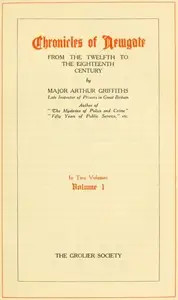"The History of England in Three Volumes, Vol. I., Part C." by David Hume is a historical record that explores England's past, during the Tudor era. It begins with Henry VII's victory and takeover of the throne. The text goes into detail about the politics of the time and the struggles between different royal families. It also shows how Henry worked to make his power stronger, despite questions about whether he should be king. From the start, the book paints a picture of arguments, wishes for power, and how uncertain the king's rule could be during this time.
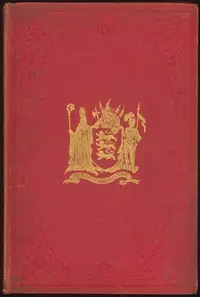
The History of England in Three Volumes, Vol. I., Part C. From Henry VII. to Mary
By David Hume
A bloody battle leads to a new king's rise to power, setting the stage for a period of intense political maneuvering and royal family conflicts.
Summary
About the AuthorDavid Hume was a Scottish philosopher, historian, economist, and essayist who was best known for his highly influential system of empiricism, philosophical scepticism and metaphysical naturalism. Beginning with A Treatise of Human Nature (1739–40), Hume strove to create a naturalistic science of man that examined the psychological basis of human nature. Hume followed John Locke in rejecting the existence of innate ideas, concluding that all human knowledge derives solely from experience. This places him with Francis Bacon, Thomas Hobbes, John Locke, and George Berkeley as an empiricist.
David Hume was a Scottish philosopher, historian, economist, and essayist who was best known for his highly influential system of empiricism, philosophical scepticism and metaphysical naturalism. Beginning with A Treatise of Human Nature (1739–40), Hume strove to create a naturalistic science of man that examined the psychological basis of human nature. Hume followed John Locke in rejecting the existence of innate ideas, concluding that all human knowledge derives solely from experience. This places him with Francis Bacon, Thomas Hobbes, John Locke, and George Berkeley as an empiricist.

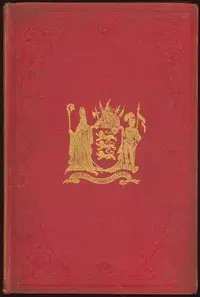

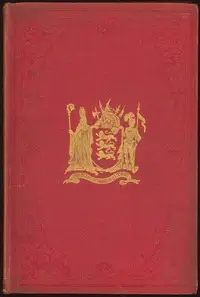
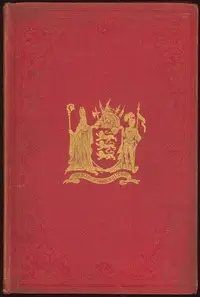
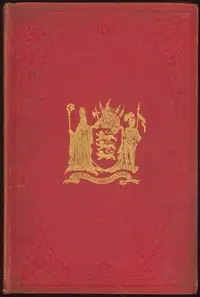
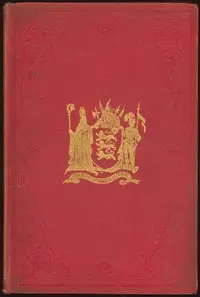
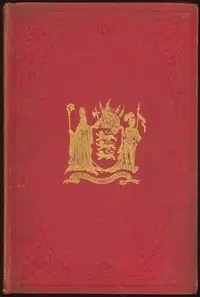





![The History of Lynn, Vol. 1 [of 2] by William Richards](https://cdn.a2-host.cloud/muGeAAV9t109zjTgJhFn50i8s7BnyxGBUZj_YUWhbIQ/rs:fill:215:325:0/g:ce/aHR0cHM6Ly9zcC1hc3NldHMuczMudXMtd2VzdC0wMDQuYmFja2JsYXplYjIuY29tL2Jvb2svNjIzNjUvVGhlX0hpc3Rvcnlfb2ZfTHlubl9Wb2xfMV9vZl8yX2NvdmVyLmpwZw.webp)
